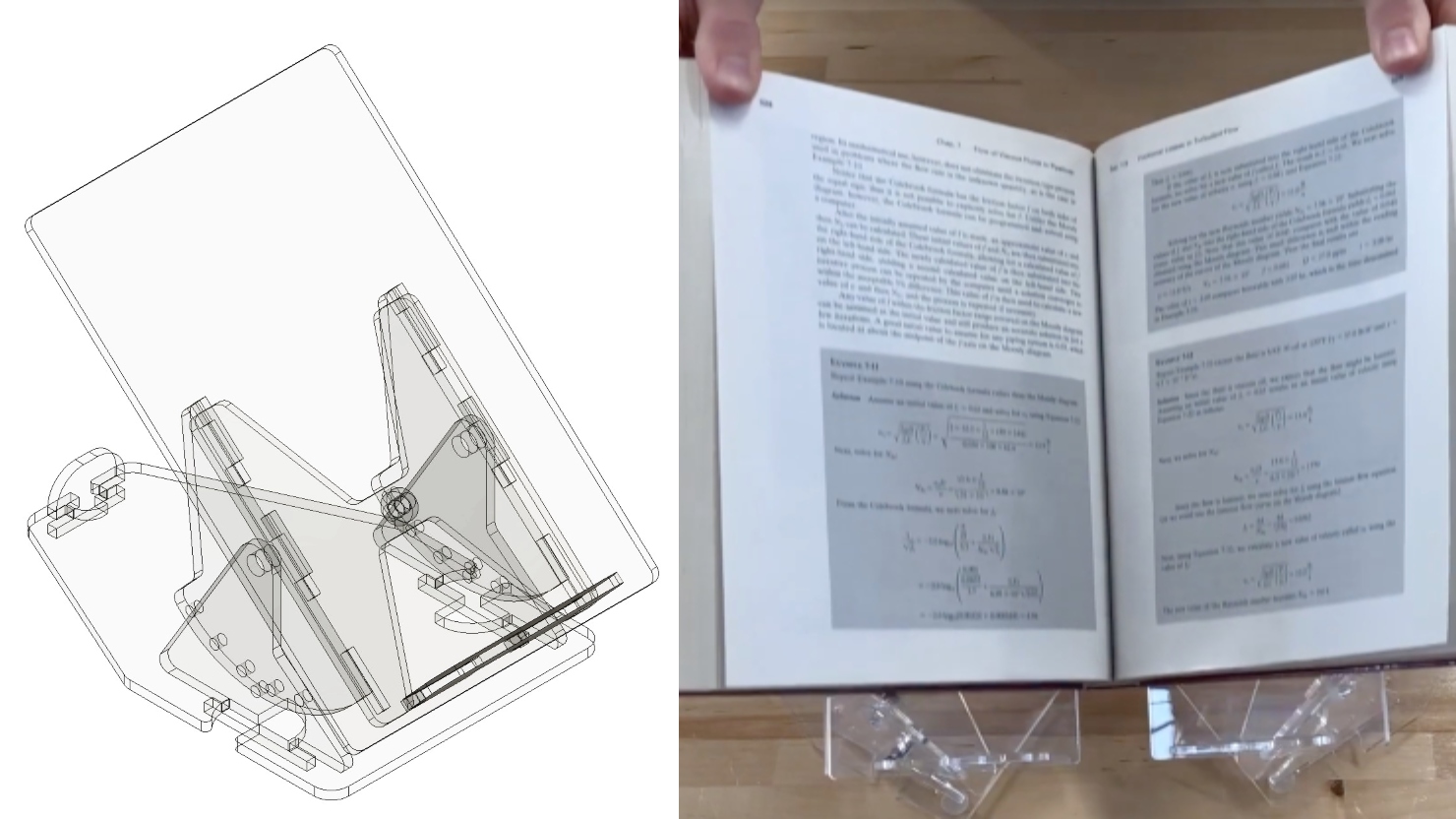
‘Embrace the Ditch,’ and Other Lessons Learned in Duke CEE’s Overture Engineering
Civil and environmental engineering students learn to design buildings within less-than-optimal parameters in a collaborative capstone course
We’re sorry, but that page was not found or has been archived. Please check the spelling of the page address or use the site search.
Still can’t find what you’re looking for? Contact our web team »
Read stories of how we’re teaching students to develop resilience, or check out all our recent news.

Civil and environmental engineering students learn to design buildings within less-than-optimal parameters in a collaborative capstone course

On a Star Wars-themed field of play, student teams deployed small robots they had constructed

Two projects from First-Year Design course are patent-pending. Student surveys suggest the course also fosters teamwork, leadership and communication skills.
Feb 2
Warm up your Monday with Hot Chocolate & Cookies! Stop by, grab a cozy treat, and take a break with fellow Pratt grads. Monday, Feb 2 11:00 AM – 3:00 […]
11:40 am – 11:40 am
Feb 2
David Rasmussen leads the Phylodynamics Research Group at NC State, which focuses on developing new computational and statistical methods for genomic epidemiology, population genomics and phylogenetics. Much of our research […]
12:00 pm – 12:00 pm French Family Science Center 4233
Feb 2
Join the Office for Research and Innovation (OR&I) for a panel discussion featuring Duke Science and Engineering faculty who have successfully pursued non-federal research funding. Hear firsthand how they identified […]
12:00 pm – 12:00 pm Virtual